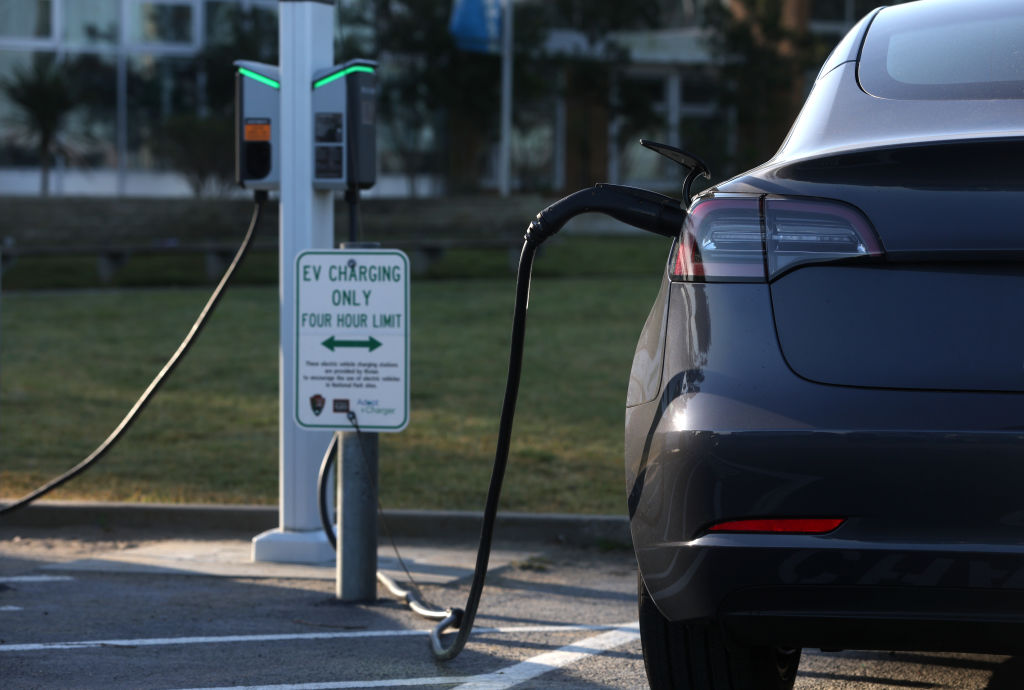Electric vehicle drivers can literally make their passengers sick, some experts say, while others say the lack of sound in an EV contributes to motion sickness.
Motion sickness in EVs “is a real thing,” said Dr. D.J. Verret, an ear, nose and throat doctor in Texas, according to ABC.
“The brain sets up a model for what it expects in certain situations,” he said. “In combustion cars, you hear the engine revving and know someone is stepping on the accelerator. The car moves forward. In an EV, the auditory and visual inputs don’t fit the model that you are actually moving.”
Passengers are most likely to suffer, he said.
“If you’re the driver, your head moves when you turn the wheel to the left,” he said. “Our brain is responding to what it’s expecting to happen. If you’re a passenger, you can’t see those motions. If you have a certain lateral acceleration — like turning a corner fast — that will increase your potential for dizziness and motion sickness.”
Ed Kim, president and chief analyst of AutoPacific, called Teslas the “worst offenders,” saying they can be “very jerky and really abrupt.”
John Voelcker, a contributing editor at Car and Driver, said it’s not just the vehicle.
“A lot of motion sickness, honestly, is because of the driver.”
He said abrupt acceleration and braking wreaks havoc with riders.
“It can cause some people to get sick,” he said, adding, “Strong regenerative braking, which recaptures max energy, can cause motion sickness. There is a learning curve to lifting off the accelerator in an EV … you have to modulate it.”
Matt Farah, editor-at-large for Road & Track, said the combination of factors spells trouble.
“The way an EV motor delivers power — and the absence of sound — are what make you feel dizzy going fast in one,” he said.
Sound is an important cue for passengers, according to a 2020 study published in Science Direct by Vrije University in the Netherlands.
“Being able to anticipate upcoming motion is known to potentially mitigate sickness resulting from provocative motion,” the study said.
“Average illness ratings were significantly lower for the condition that contained informative auditory cues, as compared to the condition without informative cues. This knowledge, i.e. that auditory signals can improve anticipation to motion, could be of importance in reducing carsickness in domains such as that of autonomous vehicles,” the study said.
Although it is far from science, an Instagram poster calling herself livingwellwithelle insisted she had multiple symptoms linked to her EV.
“Fatigue was the first symptom and it got worse over time,” she posted, alleging that shoulder and neck pain, nosebleeds, nausea and even hair loss took place during the time she owned a Tesla.
“Disclaimer: Am I sure the car caused these symptoms? I’m not 100% sure of anything. Is it likely? Our symptoms are gone after selling it 5 months ago,” she wrote.
This article appeared originally on The Western Journal.

























 Continue with Google
Continue with Google